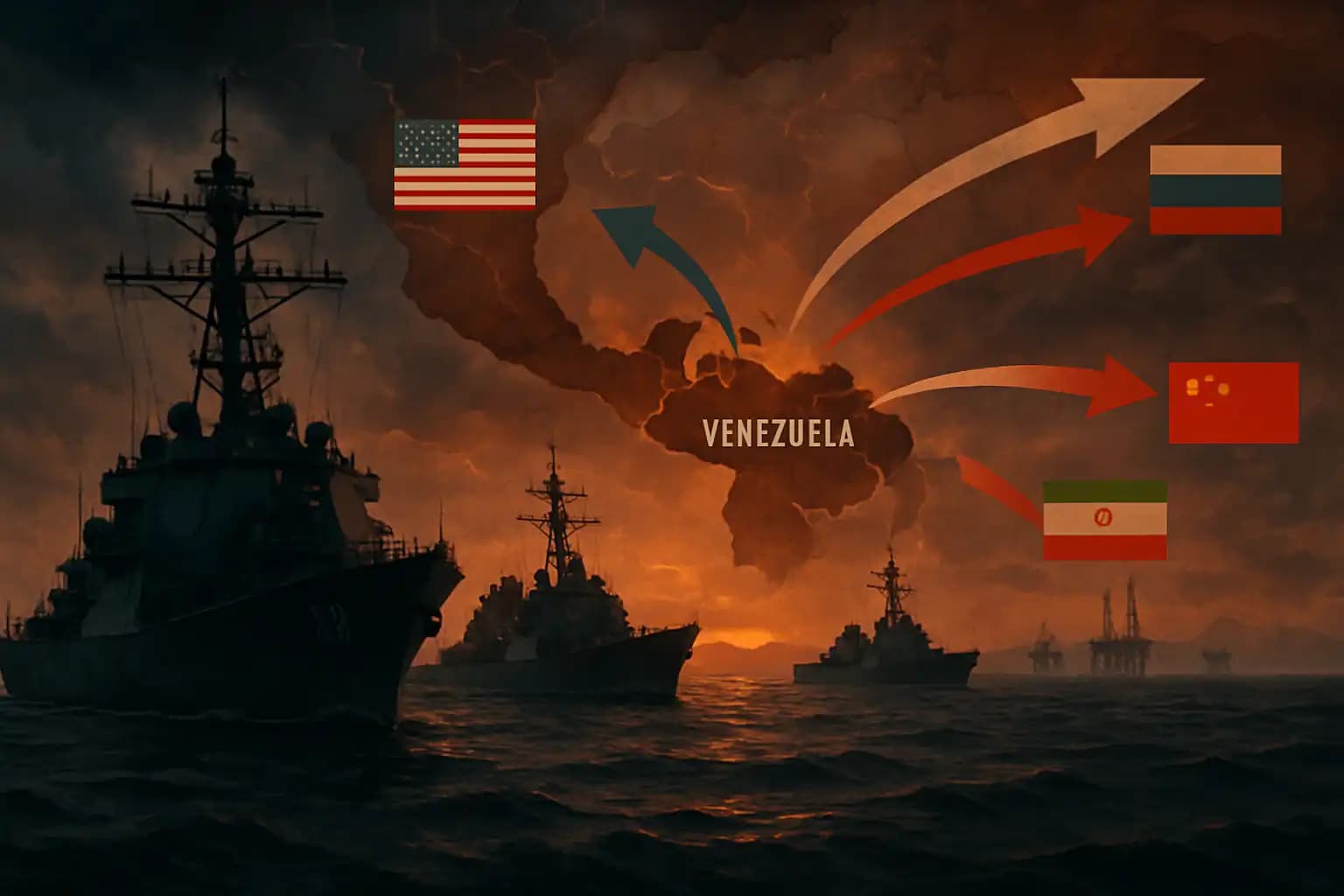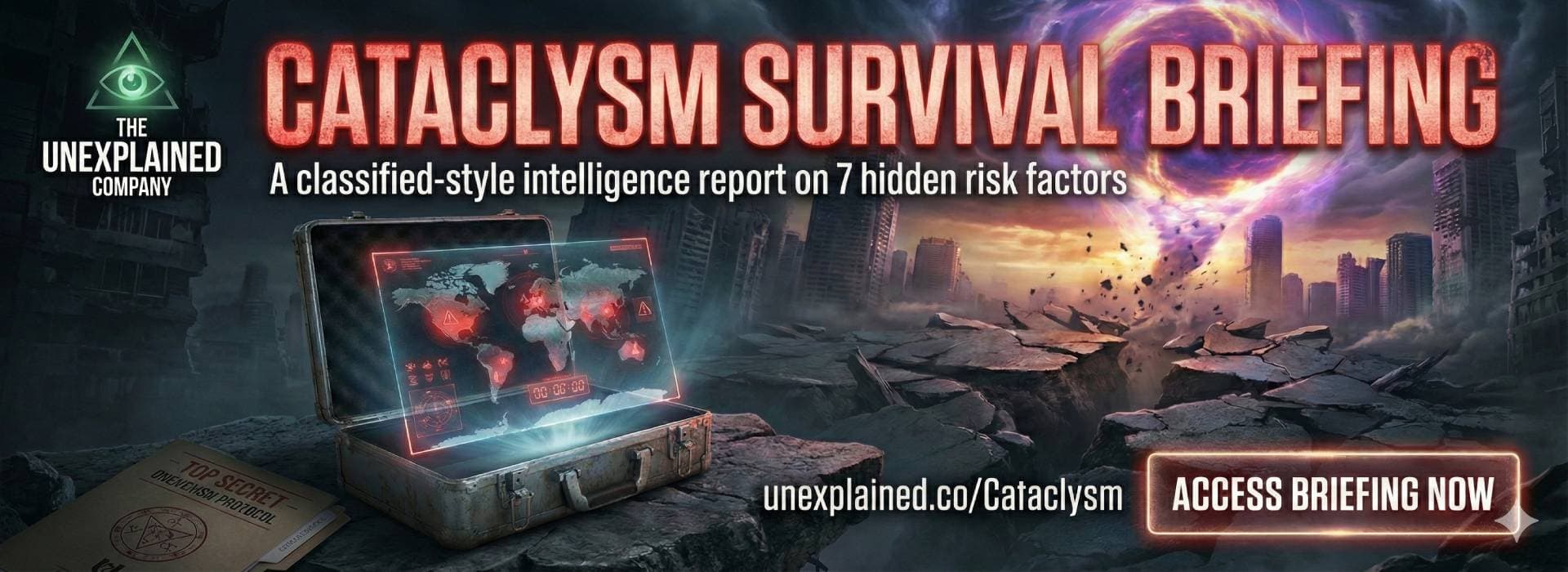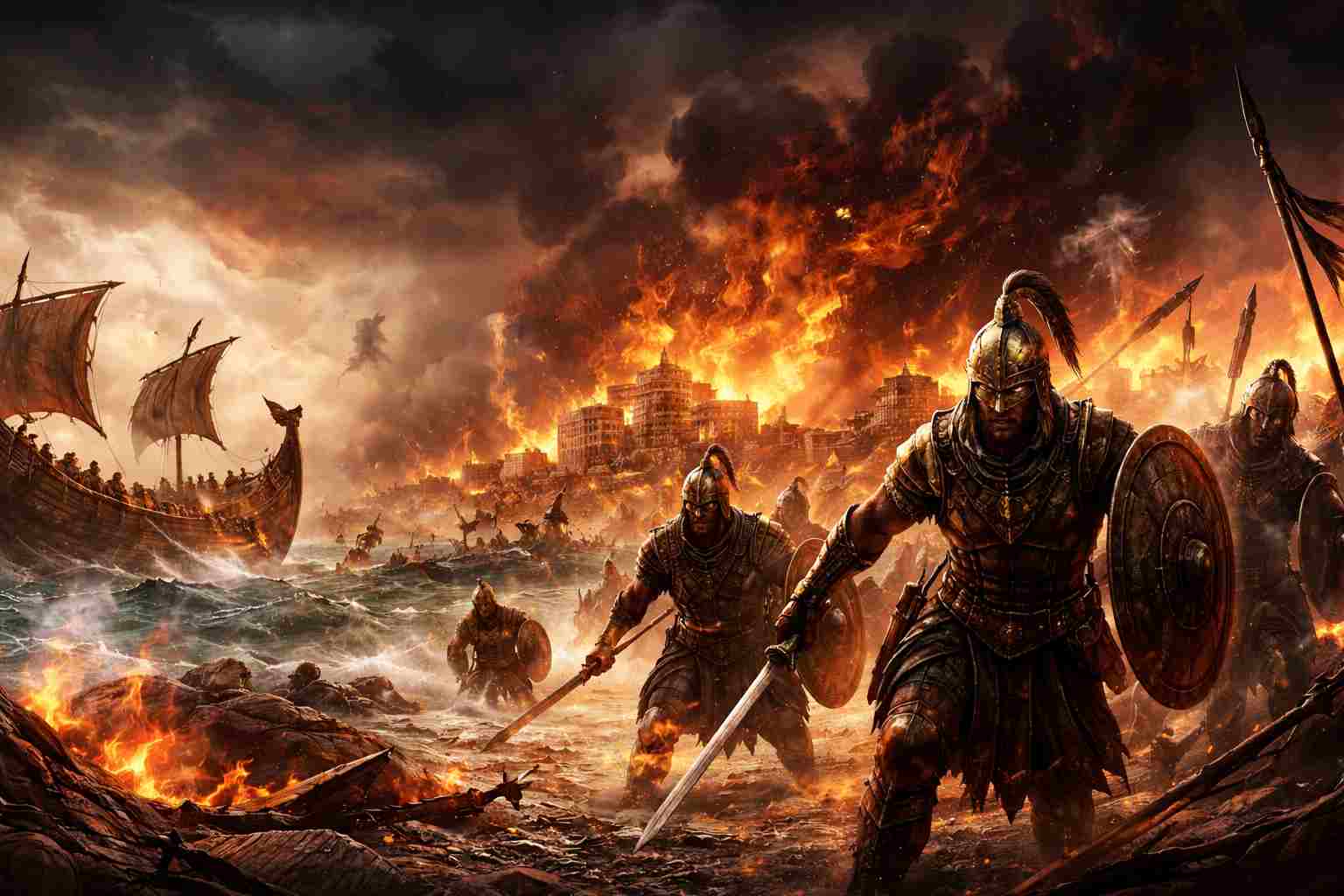Off the Caribbean coast of Venezuela, gray hulls slice the waves—U.S. warships and Marine detachments appear in numbers not seen in decades, dedicated to stemming the narcotics tide from South America. Cynical observers of American power recognize that the currents beneath this deployment run deeper than borderless cartels. This situation draws from history, petro-politics, and the competitive dynamics of rival superpowers.
The United States seldom needs much excuse to flex its muscles in the hemisphere. The Monroe Doctrine justifies dismissing old colonial ambitions and still resonates in Washington, now framed as counternarcotics and regime change. What’s at stake? An oil jackpot, a faltering authoritarian regime, and a region increasingly crowded by Russian, Chinese, and Iranian influence in America’s sphere.
Caribbean Power Plays: “Counternarcotics” or Classic Intervention?
The Pentagon argues that its flotilla is for drug interdiction. Yet, recent analyses reveal that U.S. military deployments—especially at this scale—rarely conform to their official narrative. Warships and Marines serve as much as a message as they do a means to an end. In the case of Venezuela, that message sharpens around embattled President Nicolás Maduro, whose regime relies on regional support and the backing of foreign powers eager to see America thwarted in its historic sphere.
Although marketed to the American public as tactical policing, the operation recalls moments when Washington moved ships not just to combat pirates or traffickers. Instead, it sought to shape the futures of hemispheric regimes. It’s déjà vu for those who have tracked the “spread of freedom” in theaters from Iraq to Cuba, but this time, the competition arises from economic necessity.
Venezuela’s Oil Reserves: The Real Prize Beneath the Waves
Venezuela isn’t merely a failed state in the Caribbean. It sits atop the world’s largest proven oil reserves, as detailed in this definitive breakdown. Energy strategists from Europe to Beijing understand that no “post-petroleum” blueprint can ignore the riches buried in the Orinoco Belt. In Washington, policy toward Caracas intertwines inseparably with fossil fuel geopolitics—especially as energy shocks and resource competition evoke troubling parallels to the early 1970s.
When the Maduro government contends with oil sanctions and embargoes from Washington, illicit markets and exports to China or Russia emerge. Financial havens from Turkey to Singapore also provide relief. This dynamic means that each new warship symbolizes both a message and a reminder that the U.S. will not relinquish its petroleum leverage easily. For deeper insights into how shadow operations influence oil flows, examine this exposé on murky global finance.
Allied Forces: Russia, China, Iran, and the Battle for Influence
If rumors of invasion hold merit, it’s due to global adversaries turning Venezuela into a proving ground. Moscow supplies technical advisors and military hardware. Beijing funds vast infrastructure and tech contracts—without strings, as long as oil continues to flow east. Iran provides fuel and cyber expertise, and some allege it transfers prohibited missile technology. For observers of power dynamics, Venezuela has morphed into a stage for superpower showdowns.
The Venezuelan government, battered by crisis and international isolation, forges these alliances out of survival, not ideology. Each backer intensifies pressure on Washington—echoing proxy conflicts elsewhere. The endgame remains ambiguous, but the pressure is palpable, and any spark could ignite regional turmoil. For a concise history of superpower showdowns, consult this analysis of global escalation trends.
Gunboat Diplomacy Returns: From Monroe to Maduro
The sight of American destroyers off a Latin American coast feels surreal—yet it’s a recurring reality. The United States’ willingness to intervene has long hinged on oil, markets, and the belief that the hemisphere should rid itself of rival superpower influence, first articulated by Monroe and later refined by Roosevelt and Kennedy. This legacy, for better or worse, informs every contemporary standoff.
Where this ends is uncertain. The world has witnessed regime change efforts falter elsewhere. The risks of accidental escalation loom larger than ever amidst any “official” mission. For a comprehensive perspective, free from distortion, explore Unexplained.co. When warships sail and oil flows, the real battle rarely aligns with the narratives in the evening news.





